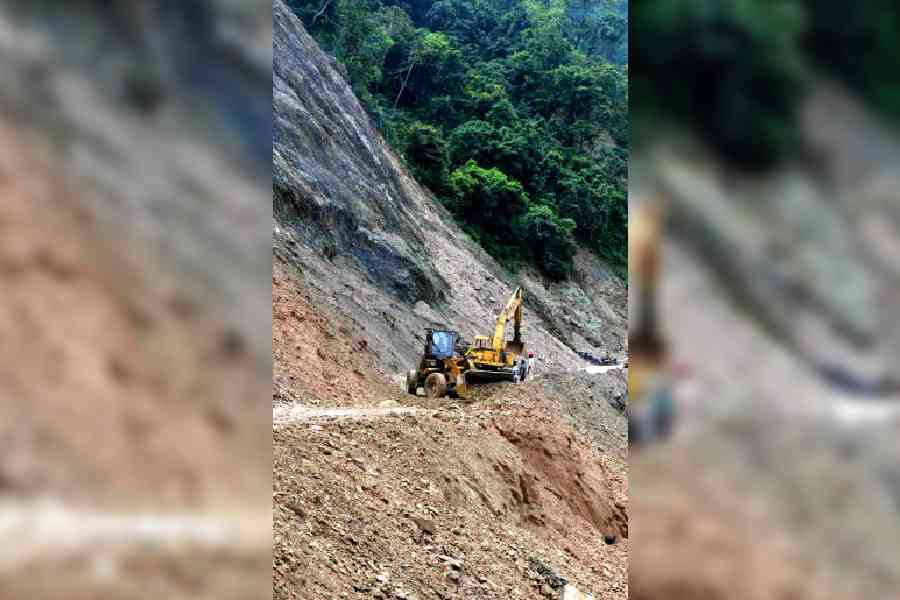The National Green Tribunal (NGT) has taken suo motu cognisance on the issue pertaining to environment degradation in Darjeeling regions, which recently suffered large scale landslides due to heavy rainfall, observing unsustainable development in the region.
According to the Landslide Atlas of India 2023 published by Isro, Darjeeling ranks as the 35th most exposed district among 147 landslide-prone areas, the NGT observed.
Heavy rain in the first week of October triggered landslides leading to disruption in road connectivity on key routes in north Bengal and collapse of the Dudhia bridge over the Balason river, disrupting national and state highways. The heavy rainfall caused at least 33 deaths and extensive destruction in Darjeeling and surrounding regions.
In 2023, the glacial lake outburst flood in Sikkim caused significant downstream damage in Darjeeling and Jalpaiguri districts, exposing the region’s vulnerability, the NGT noted.
The proceeding was initiated by the NGT on the basis of a news report which blamed unsustainable development, changing rainfall patterns, and lack of institutional preparedness for the large-scale landslides and severe environmental degradation in the Darjeeling hills.
Whether development took place in violation of the environment norms or not, the tribunal has sought to know, quoting news reports raising substantial issues relating to the implementation of green laws.
“The news item raises concerns about national security implications due to Darjeeling’s strategic location near the ‘chicken’s neck’ corridor, underscoring the need for national-level interventions in climate resilience and disaster management in the Eastern Himalayas,” the NGT said.
A bench of the NGT comprising chairperson Justice Prakash Shrivastava and expert member A. Senthil Vel asked the ministry of environment, forest and climate change (MoEFCC) and the West Bengal pollution Control Board to file a response to the issue.
The National Disaster Management Authority, the GB Pant Institute of Himalayan Environment and the Wadia Institute of Himalayan Geology were also asked to respond to the issue.
The principal bench at Delhi listed the matter before the eastern zonal bench in Calcutta on December 22, asking the parties to file reply before that bench (Calcutta bench).











